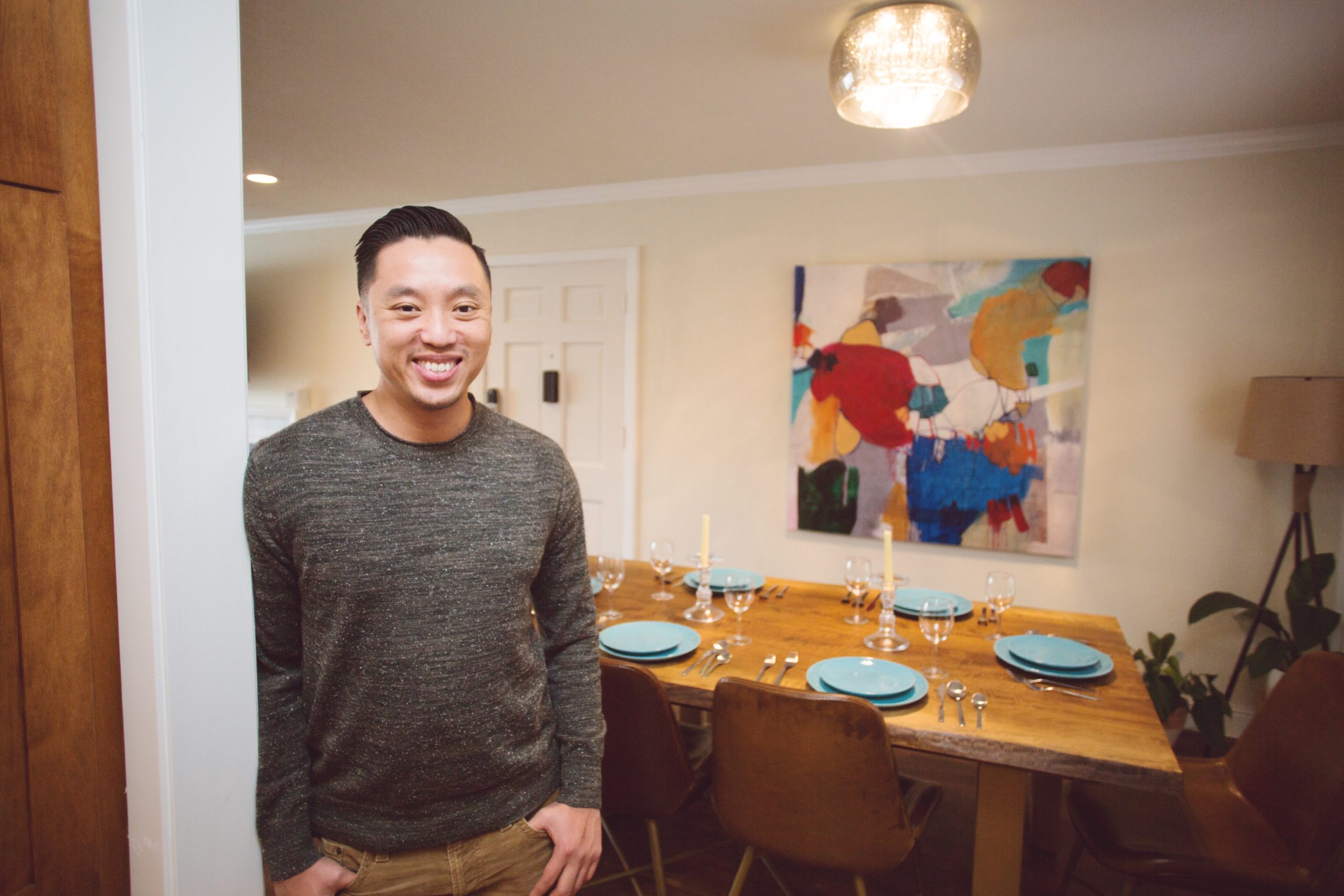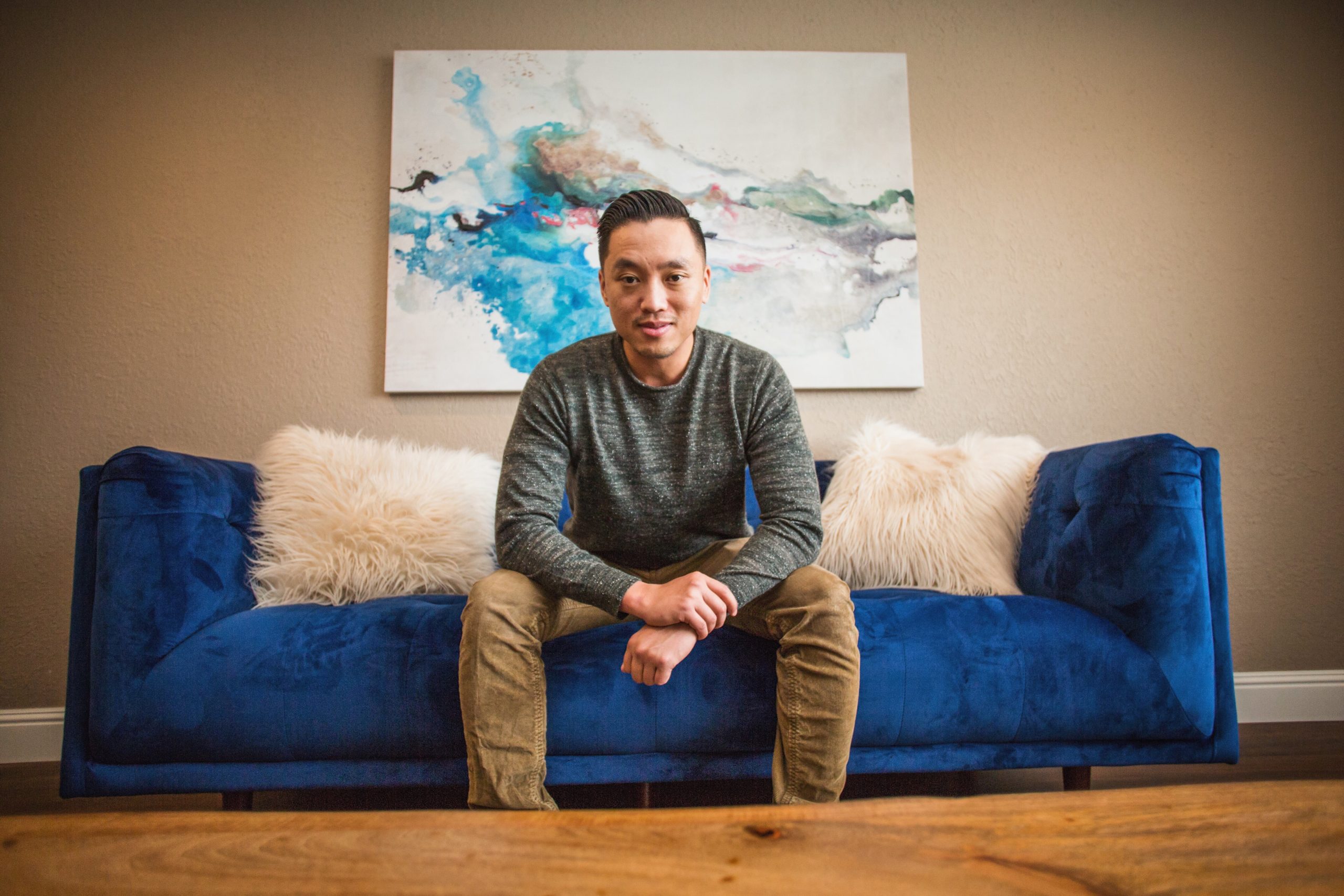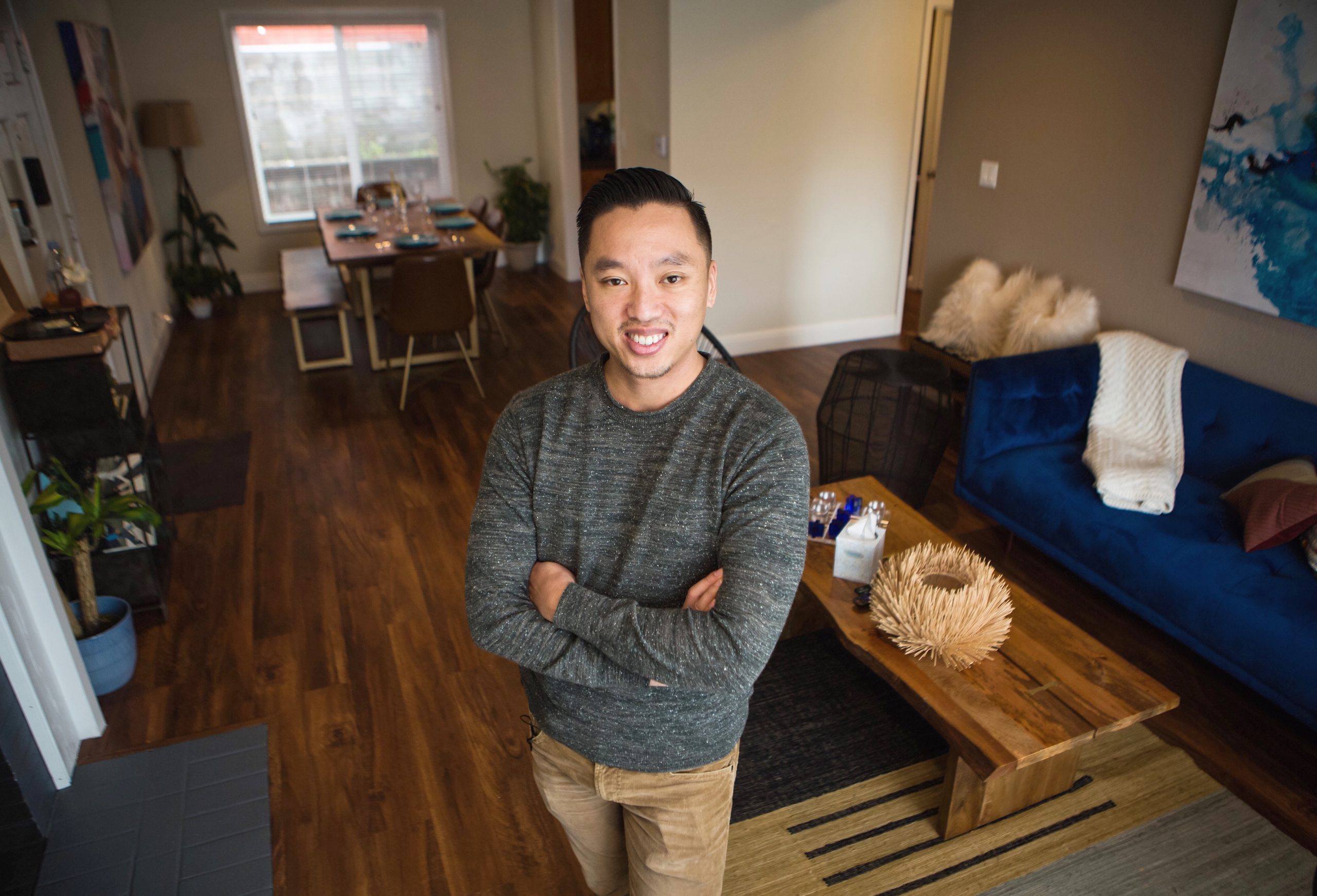Short-term renting is not exactly a new strategy in the lodging services industry. Many people would unofficially put up their rented places for re-rent when traveling, as a way to earn on the side and have someone looking after their home.
Airbnb is one the best platforms to run a short-term rental arbitrage business since it’s available in over 200 countries and regions, and mostly because there are very few places in the world where people do not specifically seek out Airbnbs.
While many hosts would simply sublet their own rented spaces whenever the need arises, Chi Ta was aiming at the big picture of turning rental arbitrage into a conglomerate of sorts. Born and raised to Vietnamese parents in San Francisco, Ta had fostered several entrepreneurial inclinations as a kid. He’d always been eager to defy the hard life sponsored by the extreme poverty he’d grown up in.
Following his father’s advice to work uphill, Ta got a job at Starbucks at the age of 16. Six years later, he’d worked his way up to assistant manager. Life was simple and fine, but he reassessed his goals when some young real estate moguls began to frequent his workplace.
These guys would come in for coffee and I realized they were around my age, but they seemed to be on top of the world,” Ta recalls. “They were driving Porsches, Lamborghinis, and Land Rovers. It’s what every young guy wants. I had no idea what a mortgage was, but I went over to the office one day after my shift and told them I wanted a job. I quit Starbucks immediately afterward.
Ta delved into business with these guys and was stationed in telemarketing as a newbie. This was in 2008, a time when the global financial crisis had hit an all-time high and people were extremely careful about their finances. He made 800 phone calls a day and still couldn’t scrape enough funds for his basic upkeep. Eventually, the company declared bankruptcy.
A tumble from the peak
Most of the employees had to find other means of livelihood but Ta and a few others were retained as loan officers. He could have moved on at that point, but at the toughest time in financial history, he decided to learn everything he could about the business from his superiors.

“Over time, with repetition and practice, I eventually made my first closing,” Ta said. “Soon after that, I closed three loans, and later I was up to about 10 to 15 loans a month. From that point on, I took on the honey badger mentality and just kept plowing through with sheer tenacity. I brushed off rejection because I knew that if I didn’t work, I wasn’t going to eat, and I told myself I was never going to starve again.”
Ta worked hard at his visions and two years later, he launched the Senior Advantage Association, a reverse mortgage brokerage company that ran massive operations in San Francisco and The Philippines. Revenues quickly scaled into millions of dollars, Ta was living an excellent life, and everything seemed perfect.
Until it wasn’t.
The qualification procedures and criteria for reverse mortgages were revised by the Department of Housing and Urban Development in 2017, and it was only a matter of time before Ta’s business completely crashed.
However, as one door closed, an entire gate opened. When he found himself in a discouraging position financially, Ta moved into a three-bedroom apartment to cut down on costs. Eventually, as things weren’t picking up, he packed up his stuff and decided to sublet his rental while he spent time with his parents.
Two weeks after re-renting his home to Airbnb guests, he received $2,500 in fees from the platform. A bulb came on in Ta’s mind as he realized he could actually make enough to cover his rent within a month.
I didn’t know if it would work out, but I extrapolated the data and saw that if two weeks earned me $2,500, one month would be $5,000,” Ta explained. “Rent was $3900, so that would make me a $1000 profit.
Working hard and smart
Ta reasoned that if he could make such a decent profit from one apartment, he could start a full-fledged business if several homes were available to him for re-renting. However, he didn’t have enough money to get set up with landlords and furnish apartments, and this became the next hurdle he had to jump.

“The only thing people respect is cash in the bank,” he said. “That’s the only way they’re going to rent you a house. I had no cash in the bank. So I applied for a bunch of credit cards and got about $250,000 worth of credit lines – personal and business. I cashed them all out through manufactured spending.”
Once he had the funds ready to go, he linked up with some landlords, received their consent to run a re-renting business, and immediately delved into furnishing the spaces up to standard. Once everything was set, Ta began leasing the first few properties out on Airbnb. He learned to optimize his listings for better visibility on the platform, and in a short while, the ROI started rolling in.
As he learned more about the ropes of the business, he continued increasing his property count until he hit thirty toward the end of 2018 – twenty-eight in San-Francisco and two in Bali, Indonesia. As the year rounded up, Ta had exponentially multiplied his earnings from the first $2,500 to $2.4 million. As his business strategies evolved, he also began to co-host properties with landlords to gain a cut of the guest payments.
He details a helpful insight into his growth process.
“With my system, it all starts with researching areas where people are already operating Airbnbs and finding a property that can profit you at least $2k per month after all expenses,” Ta said.
As a beginner, you can utilize a software tool such as AirDNA to make this research. A major stonewall for most re-renting aspirants is figuring out the amount of money to safely invest when starting a winning property. When I first started, it typically cost me between $20,000 to $25,000 to fix just one property which includes the first month’s rent, security deposit, and incredibly sexy furniture. Don’t go with all that Craigslist stuff like everybody is doing and have your listing looking like a garage sale. Go for tasteful furniture, pay attention to detail, and you’d have yourself an actual winning property.
While managing his growing conglomerate, Ta also runs The BNB University, an online masterclass platform that provides rental arbitrage enthusiasts with a wide range of resources to get started and sustain their enterprises, irrespective of the scale they may want to operate on – versatile hosts like him or simply homeowners learning to work safely.
“I wanted to share my experience so that when people want to take on the Airbnb journey, it will shorten their learning curve and help them avoid costly mistakes that I made,” Ta says. “I feel like I’m well balanced now to the point where I can take anyone in the world and help them create an Airbnb business that will thrive.”
This is a Contributor Post. Opinions expressed here are opinions of the Contributor. Influencive does not endorse or review brands mentioned; does not and cannot investigate relationships with brands, products, and people mentioned and is up to the Contributor to disclose. Contributors, amongst other accounts and articles may be professional fee-based.

